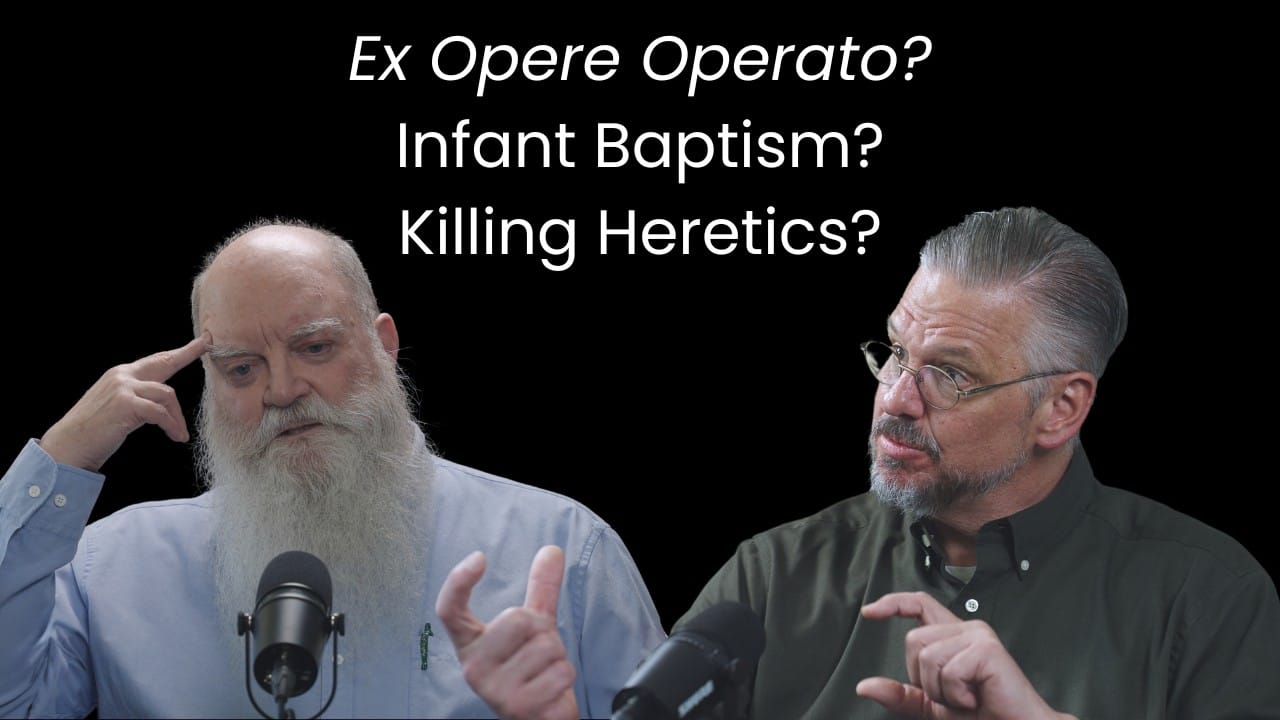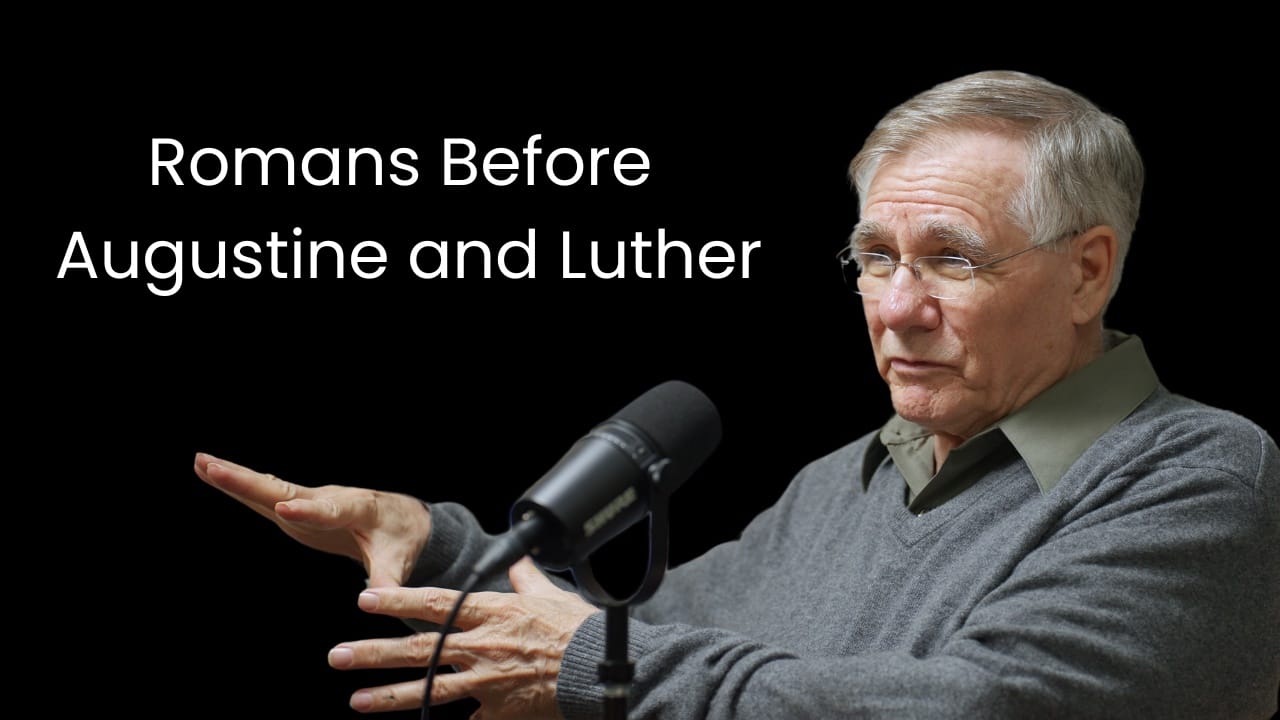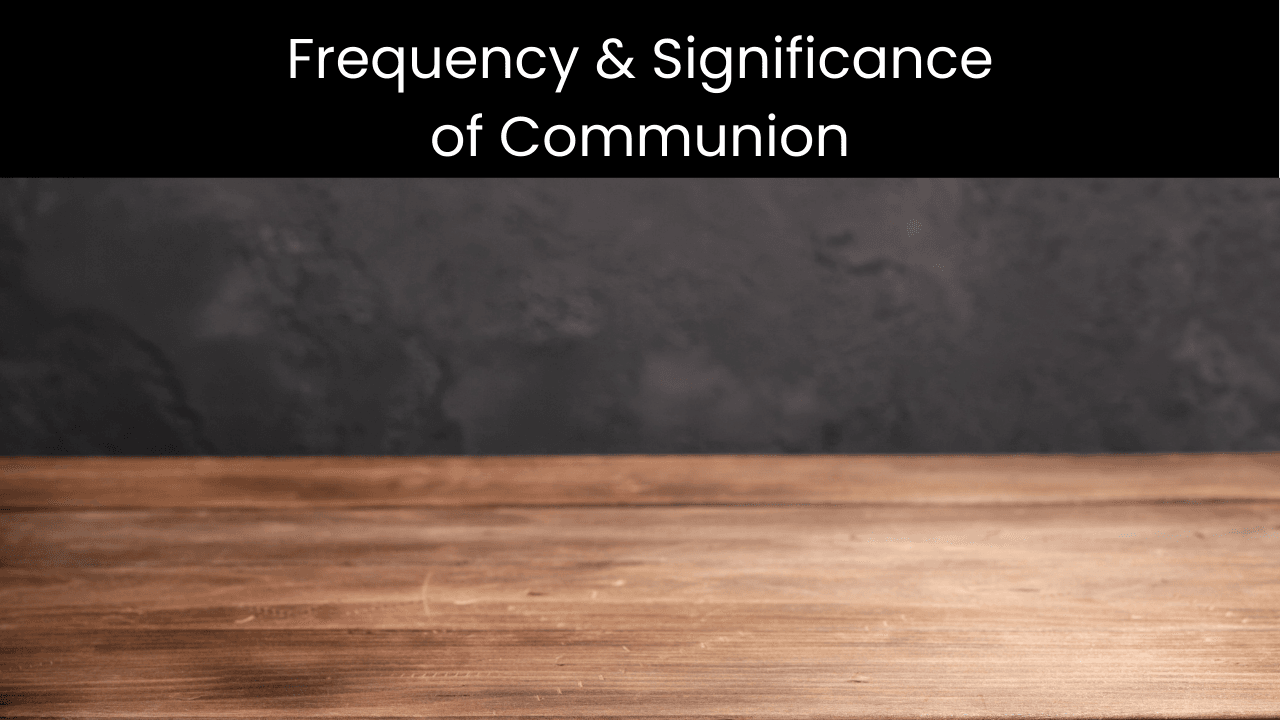“But You Will Just Die”
Since I did not live on campus, I spent time between classes in the Grove City College commuter student lounge. One day my friend Brenda was speaking of her dislike for the military. She was responding to some callous young men. I started to push this conversation just a little bit. Brenda protested that, even if war is necessary, killing is certainly something to sadden one, not for one to glory in. Many of the young men took a brutally callous approach, and Brenda was pushed on the implications of her aversion to violence. What if someone is attempting to rape or kill you? She stood firm. It is not right to kill; besides, she would be in a better condition to die than the attacker.
The reactions were interesting. Some dismissed her as sissy, out of touch with the reality of enemies. Others argued that God respects life, so we must be willing to protect innocent life by taking the life of the aggressor. Another friend, Michelle, took this position, arguing that one who tries to take the life of another forfeits his own right to live. In general, the reaction to Brenda was decidedly consequentialist; possible bad consequences supposedly showed that Brenda was wrong. “We need to protect ourselves, don’t we?” “Wouldn’t your life do more good in the world, if you survive, than the life of the guy who is trying to kill you?” “He is probably a jerk anyway.” I was quite taken aback by the blatant use of such reasoning at this Christian school.
Brenda was not against hindering the attacker from his purposes, but she insisted that she must not kill him. Michelle tried to talk some sense into her. “But you will just die,” she said. I broke in, quoting Jesus, “He who would save his life will lose it.” Michelle pounced on this: “that’s a misinterpretation, it’s talking about spiritual life, not literal physical life. Misuse of scripture, Marlin.”
Of course, I should sometimes save my literal, physical life. If a train is coming down the track, I had better get off, and usually I should steer clear of people who intend to shoot me. But there are some things that I, as a follower of Jesus, cannot do to save my life. Some things I must avoid, even if it means I “will just die,” and killing people is one such thing.
Later Michelle told me that she thinks the context of Jesus’ words about saving or losing one’s life is talking about spiritual life. Perhaps we misunderstood each other’s points. I don’t know. At any rate, context is the place to turn. In Luke 9 we see Peter confess that Jesus is God’s Christ, the Messiah. Immediately thereafter, Jesus begins emphasizing the suffering that will go with being the Messiah. He will not only suffer but also be rejected by the religious leaders and killed, though he will be raised from the dead. The same pattern of suffering, but ultimately being rescued, will apply to his disciples.
“If anyone would come after me, let him deny himself and take up his cross daily and follow me. For whoever would save his life will lose it, but whoever loses his life for my sake will save it. For what does it profit a man if he gains the whole world and loses or forfeits himself? For whoever is ashamed of me and of my words, of him will the Son of Man be ashamed when he comes in his glory and the glory of the Father and of the holy angels. (Luke 9:23-26)
To lose one’s life for Jesus’ sake is to take up the cross and identify with Jesus even in his suffering and rejection. One must not try to save his life by downplaying his connection to Jesus or backpedaling from what Jesus said. Jesus lost his life in the full literal sense, as do some of his disciples. Disciples will share the cross and human rejection with Jesus. They will also imitate the costly love of Jesus.
A little further on in Luke we see Jesus warning the crowds: “If anyone comes to me and does not hate his own father and mother and wife and children and brothers and sisters, yes, and even his own life, he cannot be my disciple. Whoever does not bear his own cross and come after me cannot be my disciple. (Luke 14:26-27) Hate for one’s children, or for one’s life does not, of course, mean animosity or a lack of affection toward them. Rather, it is the settled disposition that neither wife nor life will keep one from making disciples’ choices.
We must circle back to the original question. Is killing in self-defense the kind of saving one’s life that Jesus warned against? If it is inconsistent with the way of Jesus, then it is an anti-Christian attempt to save one’s own life. On the other hand, if it is consistent with the way of Jesus, then I was indeed misusing scripture.
What does the way of the Master say about violence? Jesus’s life and death are the paradigm. Jesus refuses to be the violent Messiah that many wanted. Jesus anticipates his own suffering. He puts down Peter’s sword and does not call twelve legions of angels to his aid. Finally, at the cross Jesus prays for God to forgive those who killed him. The disciple Stephen prays similar words when he is executed by stoning.
Injunctions to not resist an evil person, to settle lawsuits against us on generous terms, to overcome evil with good, and so forth, fall into pattern as part of a cross-shaped life in imitation of Christ. Peter explicitly says that Christ’s example of submitting to the cross shows us how to deal patiently with beatings and harsh treatment (1 Peter 2:19-23).
The classic objection to this view of cross-bearing and enemy love is that such nonresistance is naïve and irresponsible. Don’t we need violence to restrain evil? Don’t we rest in peace because violent men man the trenches? Is this not mere idealism unsuited for real life and encounters with real evil? These concerns have weight and they animated that conversation at Grove City College.
But, if the ethic of the cross were only for spiritual matters like securing our atonement, and not for our life in this world, why did Jesus emphasize the need to count the cost of discipleship and renounce all? Many in the room thought they could draw a definitive conclusion from the possibility of “just dying.” Their conclusion looks anything but obvious once we grasp the self-giving love of Jesus. Jesus was raised from the dead, and we will be as well. The disciple will not wish to save his life at the cost of his assailant’s life.
Tags:










dolot3
5 years ago
I look at it like this: As a Christian, I don’t want to see anybody go to hell. If someone is trying to kill me or my family, I’d say it’ 99% likely they aren’t ready to meet the Lord, whereas I and my family are. I am not going to deliberately send someone who is probably lost into eternity to meet the Lord unprepared. Therefore I will not use lethal force to protect myself or my family.